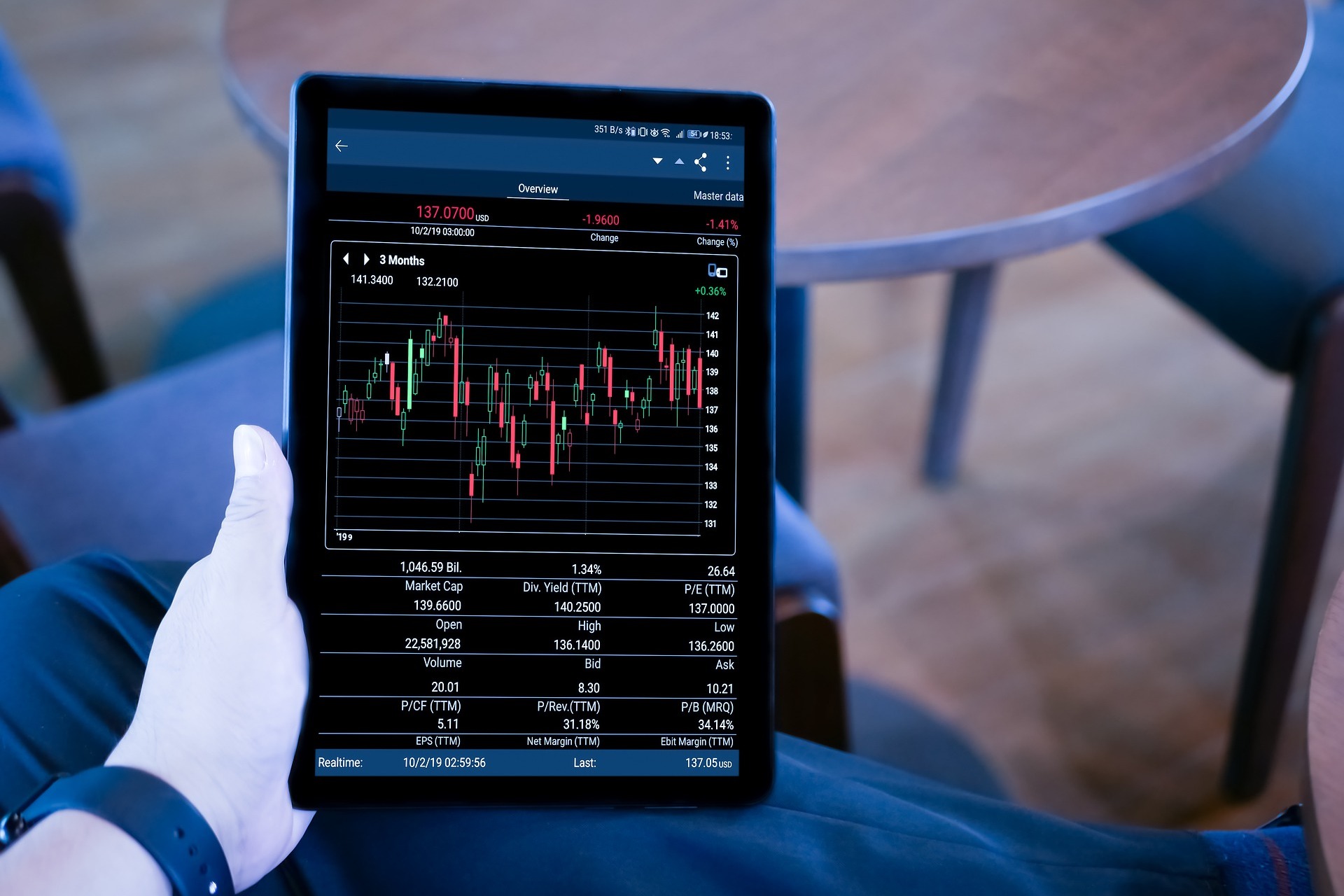Lithium-ion batteries (global market)
The global market for lithium-ion batteries reached $31.36 billion in 2019, analyst firm ResearchAndMarkets estimated. Experts did not specify the dynamics and only reported that sales of such batteries are on the rise.
According to the researchers, the growth of the market for lithium-ion batteries is primarily due to the supply of high-density cells for them. Such components allow devices to work longer without recharging.
The size of the global lithium-ion battery market reached $31.36 billion in 2019
Most lithium-ion batteries used in portable electronics use cobalt at their core, which provides the highest energy density of any other commercial solution. The specific energy density of lithium-ion batteries is 100-265 W/kg or 250/670 W/L, which is one of the highest on the market.
Decreasing prices for lithium-ion batteries contribute to the growth of their sales. Analysts estimate that the cost of such batteries in 2013 was $650 per kWh, and in 2018 the figure dropped to $176.
The cheapening is due to the use of new materials, manufacturing processes and increased investment from manufacturers.
ResearchAndMarkets cites the following companies as leaders in the lithium-ion battery market:
- A123 Systems;
- Automotive Energy Supply Corp;
- LG Chem;
- Panasonic;
- Samsung SDI;
- Toshiba;
- BYD;
- Automotive Energy Supply Corp;
- Amperex Advanced Technology;
- Johnson Controls.
One of the main issues holding back the rapid growth of the lithium-ion battery market, the study says, is safety. Such devices store large amounts of energy, leading to the risk of explosion or fire. The U.S. Federal Aviation Administration (FAA) reported 206 incidents of lithium-ion batteries exploding at airports between March 1991 and January 2018. [1]
